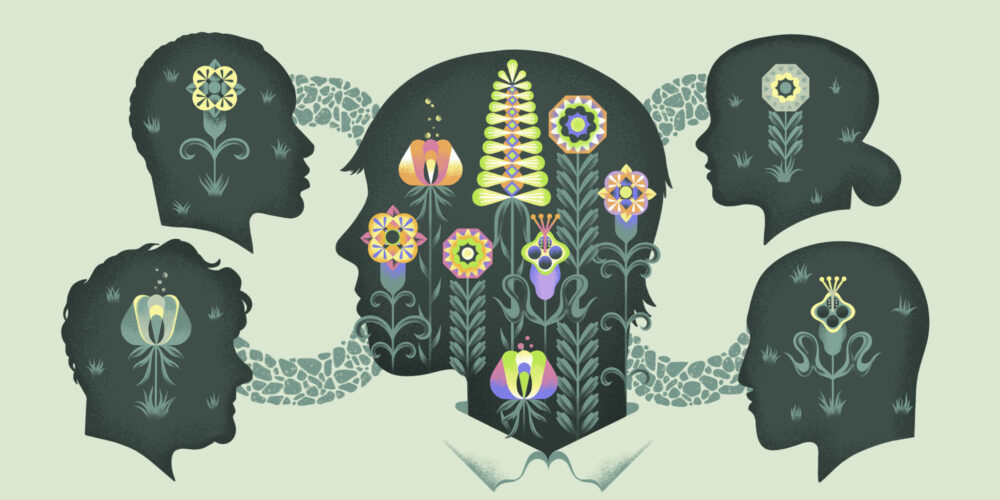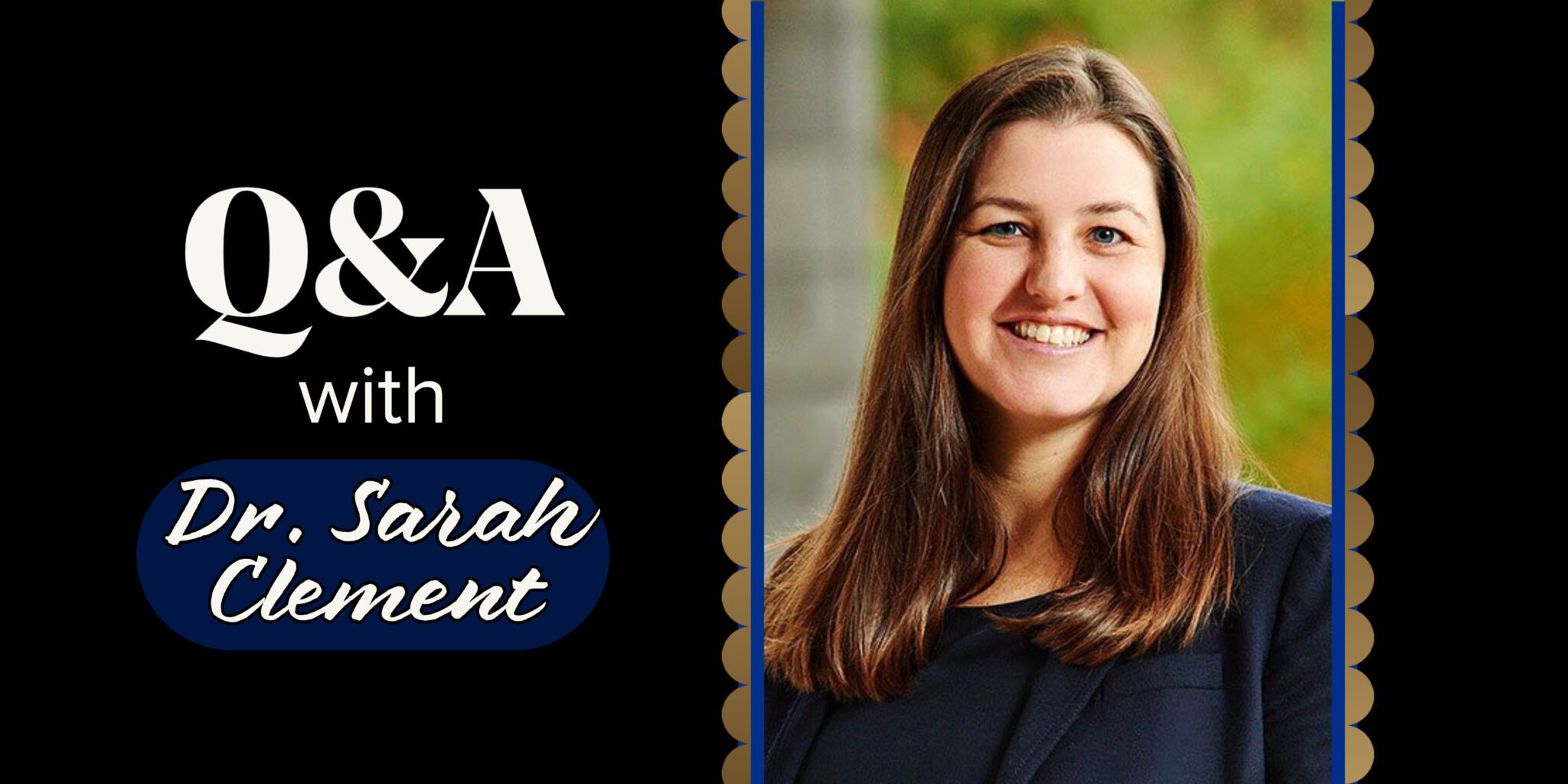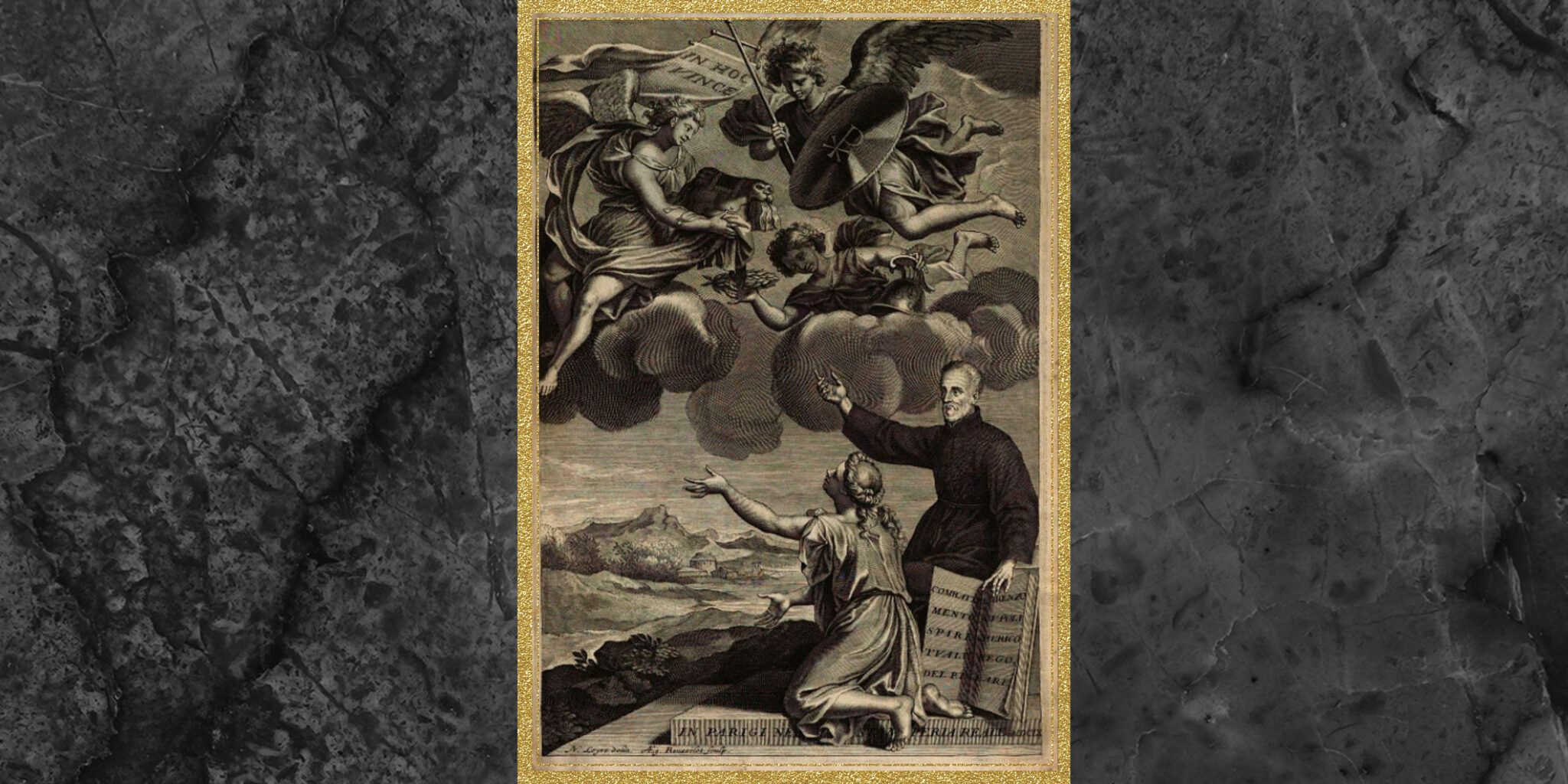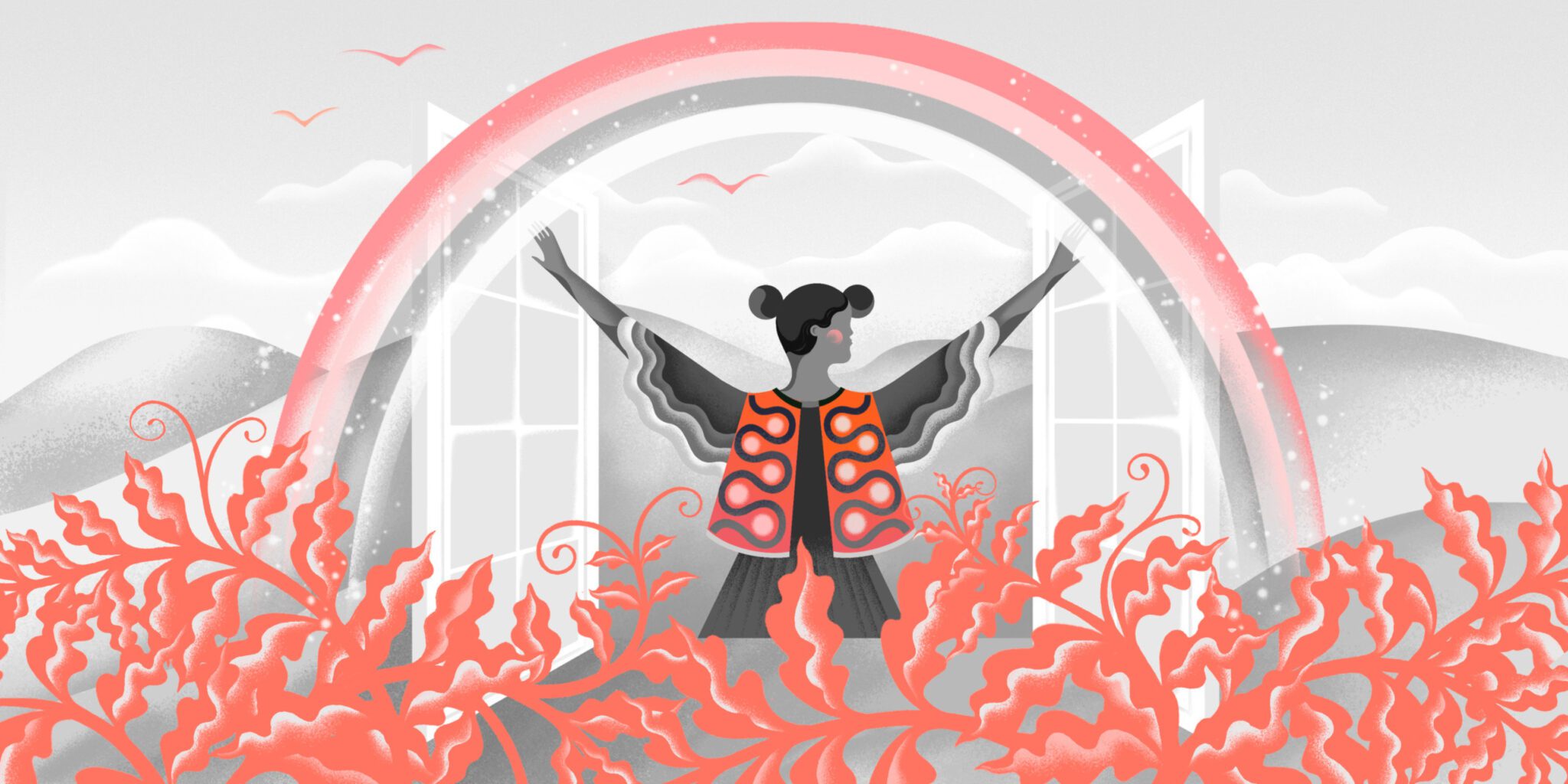The ‘Grantee Voices’ series features contributions from our remarkable grantees. This article was written by Dr. Daryl R. Van Tongeren, who is an Associate Professor of Psychology at Hope College.
Small moments change our lives.
One such moment came in the form of email, sent to me from my doctoral advisor. Dr. Everett Worthington, an international leader on the science of forgiveness, was teaching a graduate seminar (for the last time) on the topic. If I ever wanted to learn from a world-class scholar how to conduct cutting-edge research on a topic in positive psychology, this was it. So, I enrolled.
That class led Worthington to invite me to join his positive psychology research group. It was in that group that I met Don Davis and Josh Hook, fellow graduate students at the time, and the three of us started investigating an undervalued but transformational virtue: humility.
Researchers originally shied away from humility because it seemed like a measurement nightmare: how do you assess whether someone is humble? Using self-reports seemed thorny. If someone reports being humble, are they accurately describing their virtue or would only an arrogant narcissist self-report excelling at humility? And do low scores represent overly modest self-deference or legitimate hubris? But once the field discovered that you could, indeed, assess humility rather reliably, an exciting new frontier opened—one in which social scientists have catalogued many benefits of humility.
In my book, Humble, I discuss the past decade of research on humility, a considerable portion of which has been supported by grants from The John Templeton Foundation. I explain that humility involves knowing yourself (i.e., developing self-awareness), checking yourself (i.e., reducing defensiveness), and going beyond yourself (i.e., cultivating empathy). It’s about being the right size for a situation—not too large and not too small. Humble people are able to own their limitations and their strengths, can share the praise and accept the blame, and are willing to prioritize the needs of others alongside their own needs.
In short, humility offers a sense of deep psychological security because it frees us from the traps of a narcissistic world.
Humility also enhances our relationships. Research has found that we want to be friends with humble people, desire to date humble partners, and are more committed and satisfied when our romantic partners are humble. Within relationships, we’re more forgiving of humble partners. And humility is even good for our health: when both partners are humble, we experience better physiological responses to stress.
Humility also helps improve our work life. Humble leaders listen to their followers, empower them to make decisions, and are able to set higher goals for their teams. In turn, those who work with humble leaders are more satisfied and productive at work, experience more creativity, and are actually more humble as well. Humility breeds humility. Modeling humility can transform a workplace or community into a place where everyone can flourish.
And humility is deeply needed in our societies. Not only do scientific and technological advances require the intellectual humility to admit what we do not know and need to learn, but humility is also imperative in the cultural, political, and religious spheres of life. We need cultural humility to see the limitations of our own perspective, realize that our way of seeing the world is not superior, and constructively engage those with whom we differ. If we possess a genuine curiosity to learn from others, we see viewpoint diversity as a strength, not only a problem to be solved. To address the deep divides in politics and religion, humility compels us to listen first, take the perspective of others, and seek to affirm the humanity of every person.
Cultivating humility is hard work, but it can be done. Just like training for a marathon, developing humility requires ongoing commitment and plenty of practice.
Our first step can be to seek feedback from a trusted source; inquiring how humble we are and what our areas for growth might be is a way to gain an initial assessment of the work that is before us. And once we get that feedback, we need to work hard to resist defensiveness. It’s not useful to get feedback, as unflattering as it may be, if we dismiss it out of hand. Affirming ourselves and striving for growth rather than expecting perfection is important. And all of this requires that we build empathy: an emotional attunement to others and the desire to see their perspective. Empathy is at the social center of humility.
This set of skills requires practice. Just like logging miles in countless training runs, we need opportunities to build our capacity to act humbly. Making a commitment, and having support from those we trust, can help us pursue a path toward greater humility. It also requires self-compassion. None of us get it right each time. But we should be trying to get better each day.
Small moments do indeed change our lives. I took that forgiveness graduate seminar 15 years ago, and I’ve been working with Don and Josh on studying humility ever since. In the same way, making small decisions to be a bit more humble today than we were yesterday can change our lives, and the lives of those around us. And it may just help transform our world.
Daryl R. Van Tongeren Ph.D., is an Associate Professor of Psychology at Hope College and author of Humble: Free Yourself from the Traps of a Narcissistic World. He is interested in deep and enduring questions about the human condition. As a social psychologist, he employs experimental research to investigate meaning in life, religion and identity, and virtues. His work has been supported by several grants from The John Templeton Foundation. You can find out more about Daryl’s work at darylvantongeren.com or follow him on Twitter (@drvantongeren) or Instagram (@darylvantongeren).








